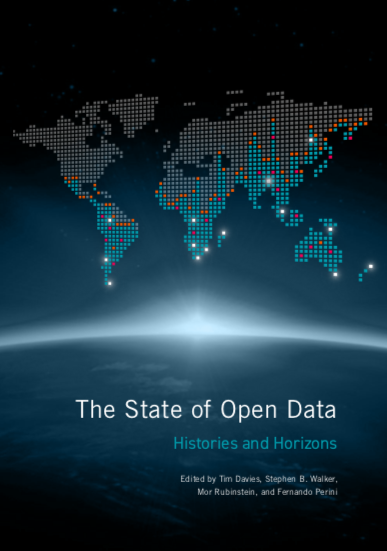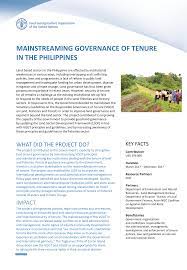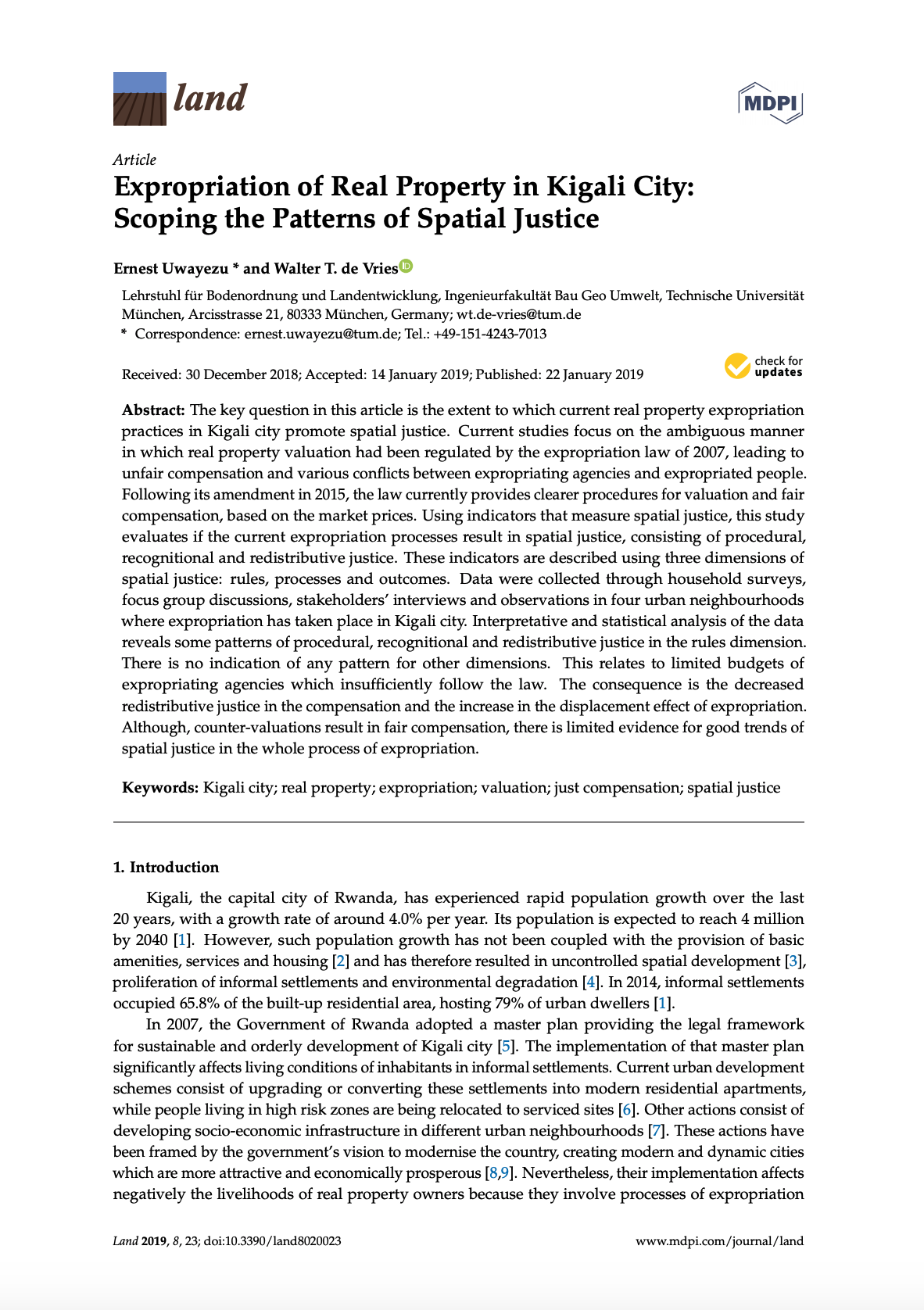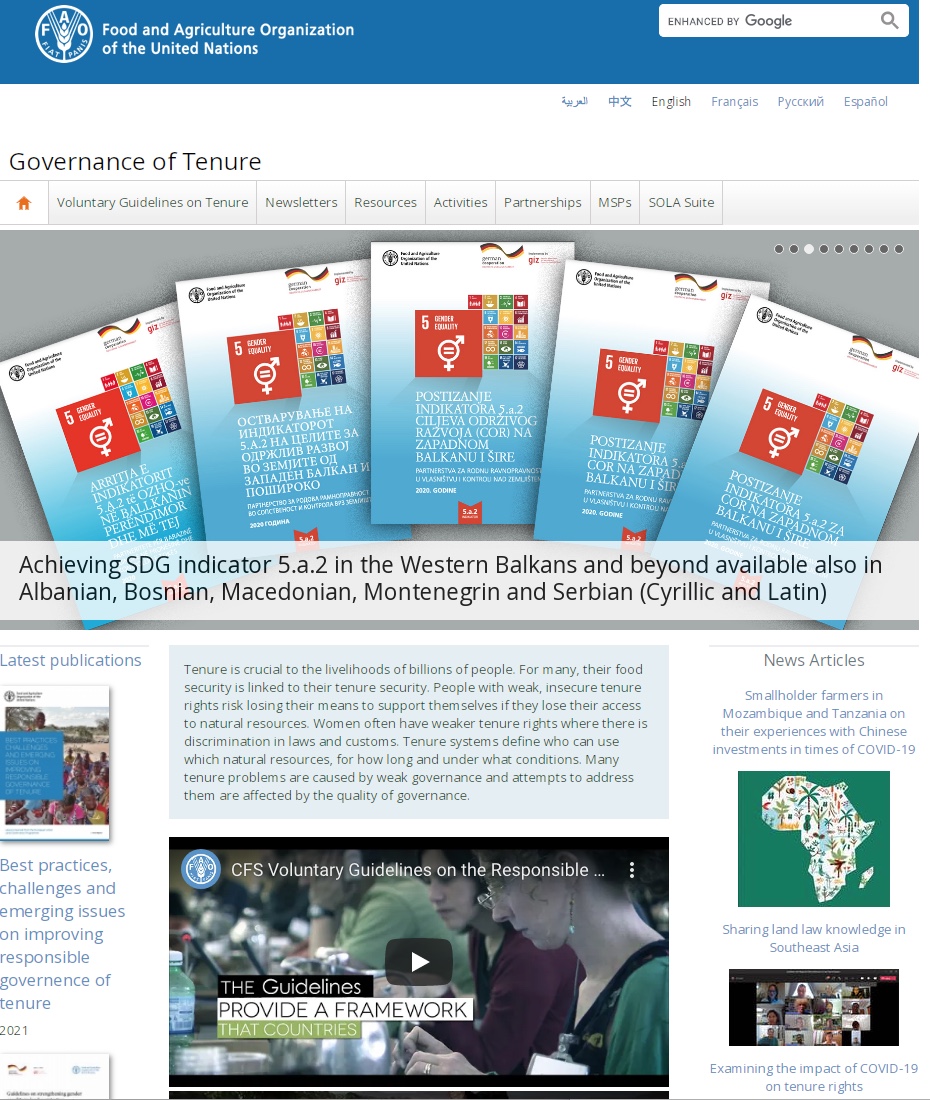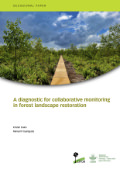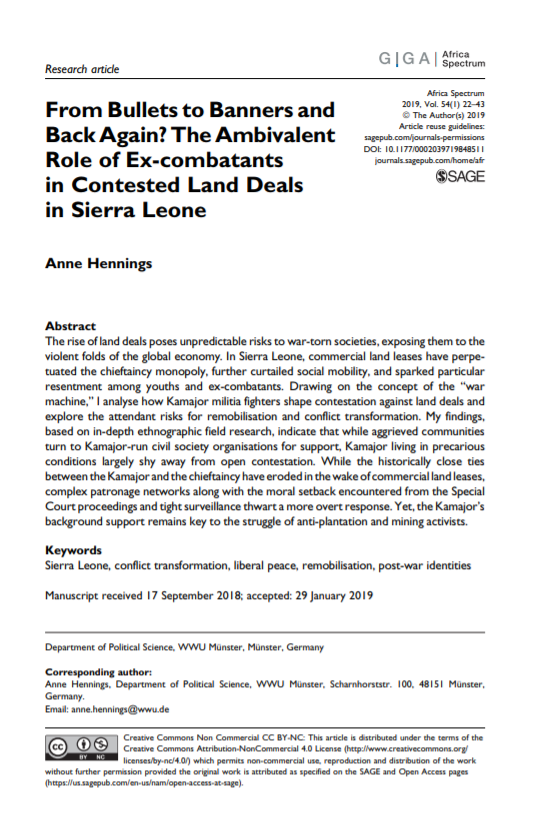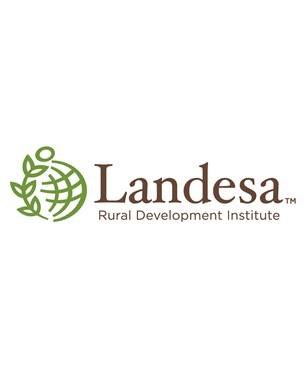Land Ownership Chapter
Key points
-
Global availability of land ownership and land deals data is patchy, but, when available, it has been used by individual citizens, entrepreneurs, civil society, and journalists.
-
Over the last decade, a number of responsible data lessons have been learned. These lessons can provide guidance on how to balance transparency and privacy and on how to draw research conclusions from partial data.

